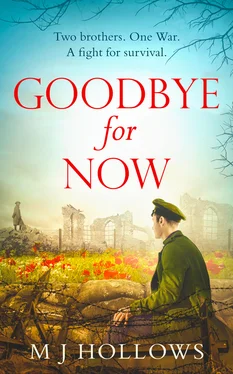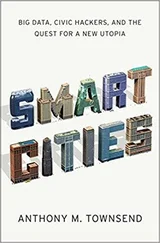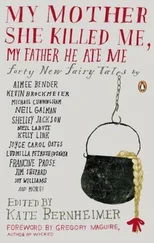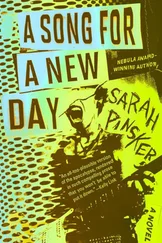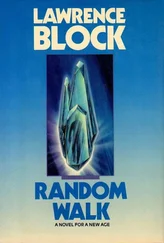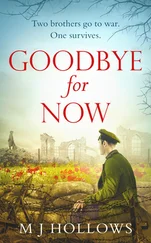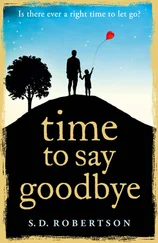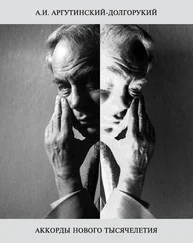Joe leaned forward on his elbows. ‘If I had known—’
‘You keep out of this.’ Their dad didn’t even look at Joe, but stared at George. The gaze was piercing, as if his father was trying to see into his very soul and guess his inner thoughts. His father had often told them off, but George hadn’t seen his father look like this before. It made him shudder. ‘You’ve made your decision then. I had expected you to wait a few years, but what’s done is done.’
He couldn’t have sat around and waited. What if the war was over before he got his chance? He couldn’t live with the guilt of knowing he was here doing nothing and others were out there defending their country. He had always felt older than his years, which was perhaps something to do with being a younger brother and everyone he knew being older than him. Most of them treated him like an adult, except his brother.
‘We could tell the recruiting office that they’ve made a mistake?’
‘Don’t you dare, Joseph. If he’s taken the King’s shilling then he’s one of us now. He’s a soldier, and there’s nothing that can be done to change that. Besides, it’s what you want, isn’t it, George?’
George nodded. He thought about all the answers he could possibly give, all the different reasons. What would be the best thing to say? What did his dad want to hear?
‘Of course, I always wanted to,’ he said, and hesitated again. Why was it so difficult to talk to his dad? He felt like a child again. ‘Now felt like the right time. When we got there, to the recruiting office, there was a whole line of other men signing up, including some I knew from school. I couldn’t let them go without me. How would I feel sat here waiting? It wouldn’t be right not to do my bit too.’
‘Good, honourable reasons.’ His father stood up and limped towards him. The click of the cane was deafening in the kitchen. He then put a hand on George’s shoulder. It took all his willpower not to flinch. ‘If it helps, I think you’ve done the right thing, son.’
‘But he’s too young.’ Joe stood up and George thought that he was going to storm out again. Why was he getting involved? What was it to him if George enlisted? At least it would take the attention off him. ‘How could they let him enlist? It’s clear he’s not old enough.’
‘He’s a grown man now, bigger than me or you, Joe,’ their father said. ‘He’s an intelligent chap, that’s what they’ve seen. They’ll make him an officer in no time. And every man should do his bit. You know, I wish I was coming with you.’
‘You’re both mad.’ Joe was pacing now, every bit as angry as he had been the other morning. He looked as if steam was about to burst out of his head, which had gone red.
‘Don’t talk to me like that, Joseph. I’m your father. Don’t forget that you should be doing your bit too. If you weren’t so selfish… What gives you the right to judge, Joseph? You, who won’t lift his finger to help another.’ Joe was frowning, furious, but he didn’t storm out as he had last time. Still, their father didn’t look at Joe, as if he didn’t want to see him. Only George glanced between the two of them, oddly noticing how alike they appeared at this moment.
‘No, Dad. People die in wars. Look at your leg! Do you want the same for George?’
‘How dare you?’ Their father raised his voice only enough to make Joe be quiet. It was a commanding voice he had practised for years. ‘I was just one of the unlucky ones. Our George won’t be. He’s got a smart head on his shoulders. He’s smarter than I ever was.’
‘I have to go to work.’ Joe moved to the kitchen door, but waited on the threshold. He gave George another sad look, slightly too long so that it became awkward, then with a sigh he left. George heard the front door close a few seconds later.
‘When do you go?’ his father asked, sitting again.
George didn’t know the answer to that question. They would start training soon, he had been told, but technically he wasn’t eligible to go out to Belgium yet.
‘I don’t know. The regulars have been mobilised, but I joined the territorials, the reservists. They haven’t told us when we will be shipped out yet. I don’t even have any kit.’
He handed over the form that he had been given after enlisting, along with the shilling that he had taken as part of the ritual of signing up. ‘This is what they gave me. We’ll have drill training and then when they need us we’ll get our mobilisation orders. I’m not even old enough to go yet. They might decide to keep me back.’
‘They won’t. What did you tell them about your age?’
‘I told them that I was eighteen, almost nineteen.’
‘You gave them your actual day of birth, son?’
‘Not the full date, no. I just changed the year by two and so to them I’m eighteen.’
‘Very clever, half a lie rather than a full one.’ His father’s face became a brief smirk. ‘Speaking of clever, or not, have you seen this rubbish they printed in the paper? All about the cost of war and encouraging lads to think about their decision before signing up. It’s cowardice, rank cowardice if you ask me. Typical of the kind of nonsense that your brother gets up to at that paper. This Albert Barnes should be ashamed of himself. How could they let him write such a thing, let alone publish it?’
‘It wasn’t him, Dad. I overheard him say it wasn’t. He’s even signed up for the regiment. I saw him at the recruitment office.’
‘Odd.’ His father was back flicking through the newspaper.
George had a thought and rummaged in his pocket. He pushed the shilling across the table. His confidence was rising by the second, secure in the knowledge that his father was on his side. He could do anything with his father on side. ‘It’s not much, but there will be more where that’s come from and I’ll make sure it is sent here while I’m out in France, for you and Ma.’
‘We don’t care about the money, George. We get along all right. This isn’t about money.’ He shoved the paper aside again and looked at George. This time his eyes were full of warmth. Gone was the stare that made George feel tiny. ‘This is about doing something right; doing something bigger than yourself. The money is yours if you want it, we’ve no right to claim it. You’ve done the right thing.’
Frank leaned over and dropped a newspaper in front of him, as Joe was crossing out some lines on a piece of paper. It was that morning’s copy of The Times .
‘What’s this, Frank?’
‘You know what it is. It’s The Times . What else could it be? Have you gone blind all of a sudden?’ He cackled and Joe struggled not to give him a stern look that a school teacher might give an unruly pupil.
‘You know what I mean, Frank. Why have you thrown it on my desk? I was busy working.’
‘When are you not busy working, Joe? I don’t think I’ve ever seen you stop. You’re always in here before me, and still here after I’ve gone home for the night.’
That much was true, but often he was just reading, or trying his hand at writing. Every morning he would come back in and go over what he had written, then throw it away in disgust. The only way he would get better was to keep trying.
‘It’s a report on the British Army, Joe,’ Frank said, bringing Joe out of his reverie by prodding the paper with his index finger. ‘It’s not looking good.’
He flicked through the first couple of pages. The grainy pictures of smiling soldiers and waving men at the recruiting offices were a stark contrast to the headlines and articles. Perhaps that was the whole point, Joe thought. The British Army had been heavily defeated at the small Belgian town of Mons, it said. They had taken over a thousand casualties and were on the retreat.
Читать дальше
